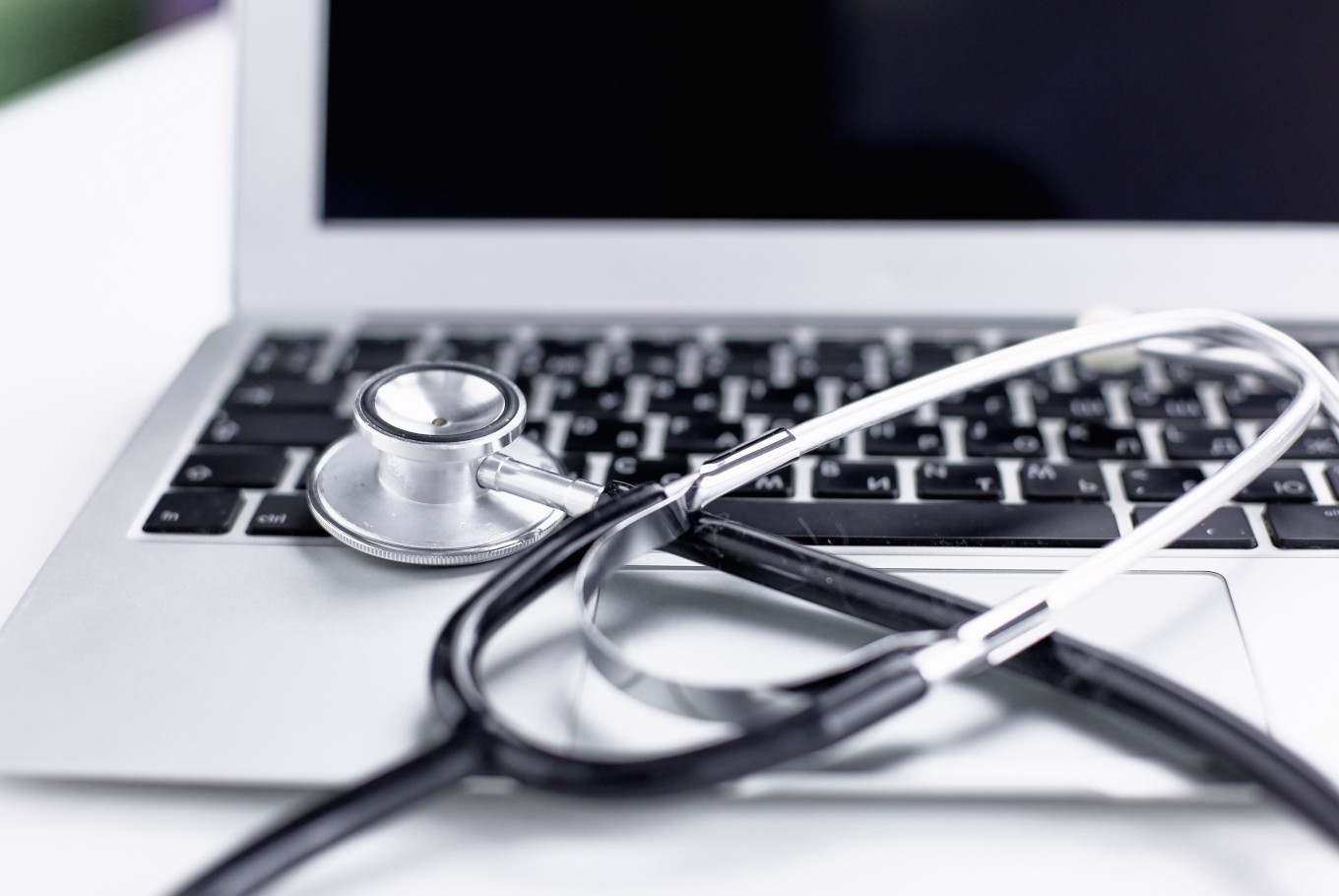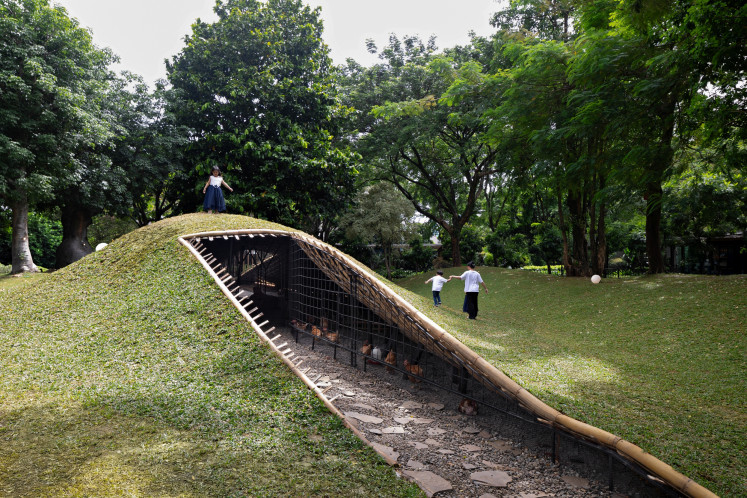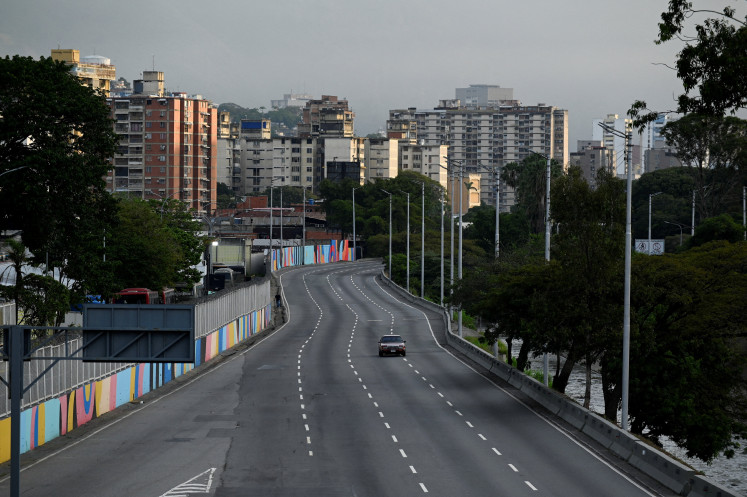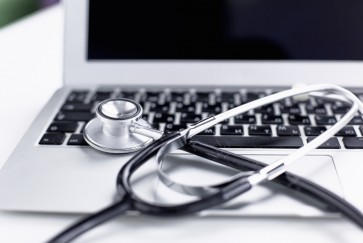Popular Reads
Top Results
Can't find what you're looking for?
View all search resultsPopular Reads
Top Results
Can't find what you're looking for?
View all search resultsOnline doctor service key to combat rampant medical hoaxes
According to Communications and Information Ministry data, 182 out of 1,224 hoaxes spread between August 2018 and March 2019 were medical hoaxes.
Change text size
Gift Premium Articles
to Anyone
T
wenty-five-year-old Nur Fitriani is no stranger to medical hoaxes. Her mother, who was diagnosed with diabetes two years ago, believes in “medicines” advertised on a local TV channel.
These medicines, which are available in pills and oral drops, are said to be beneficial in curing serious diseases, such as diabetes and stroke. Both the pills and oral drops cost around Rp 450,000 (US$31.94) and Rp 250,000, respectively.
“She [bought and] took all of them and nothing happened,” Nur, who lives with her mother in Cirebon, West Java, recently told The Jakarta Post.
“My mother has a fear of doctors so she trusts the ads even more," she added.
Nur would get scolded whenever she tried to educate her mother. “She thinks I don’t want her to get better,” she said, adding that she had even reported the ads to the Indonesian Broadcasting Commission (KPI).
According to Communications and Information Ministry data, 182 out of 1,224 hoaxes spread between August 2018 and March 2019 were medical hoaxes. It ranked as the second most common topic of hoaxes in Indonesia after politics.
As going to the hospital to directly consult a doctor can be inconvenient for some, it is important for the public to be more critical and have access to trusted sources where they can discuss any information related to their health.



















